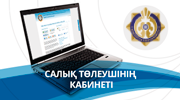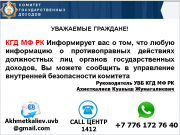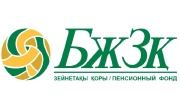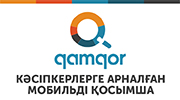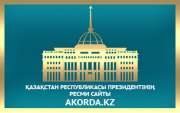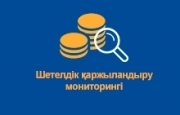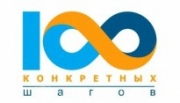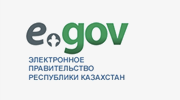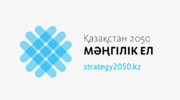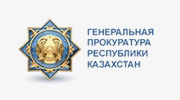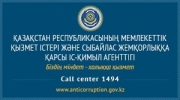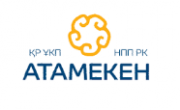- Departments by region
- Astana
- Almaty
- Ulytau Region
- Zhetysu Region
- Шымкент
- Abay region
- Akmola region
- Aktobe region
- Almaty region
- Atyrau region
- East Kazakhstan region
- Zhambyl region
- West Kazakhstan region
- Karagandy region
- Kostanay region
- Kyzylorda region
- Mangistau region
- Pavlodar region
- North Kazakhstan region
- South Kazakhstan region
Date of publication: 24.02.2025 12:57
Date of changing: 24.02.2025 13:06
Employees of the Training-Methodical Center of SRC MF RK took part in a digital seminar on the maturity model of tax debt management
On 6-7 November, employees of the Training and Methodological Centre of the State Revenue Committee of the Ministry of Finance of the Republic of Kazakhstan (GRC MF RK) took part in a digital workshop organised by the Organisation for Economic Co-operation and Development (OECD) and the Intra-European Organisation of Tax Administrations (IOTA). The workshop focused on the application of the Tax Debt Management Maturity Model, which helps tax authorities improve efficiency by self-assessing processes and identifying points for improvement.
As part of the event, the center's staff explored best practices, self-assessment methodologies used and the organisation of the tax debt management process. The maturity model allows tax administration structures to conduct a comprehensive analysis of their current processes, identify key areas for optimisation and develop strategic plans tailored to the specifics of a particular jurisdiction.
Main topics of the workshop:
-Examples of best practices of tax authorities from OECD and IOTA member countries.
-Advantages of the maturity model as a tool for assessment and planning.
-Recommendations for developing strategies for tax administrations.
-Exchange of experiences and discussion of challenges in applying the model in practice.
Participation in the seminar gave the staff of the center not only theoretical knowledge, but also practical skills for implementation of tax debt management strategy in Kazakhstan. The acquired knowledge will be used for the development and implementation of the model.










